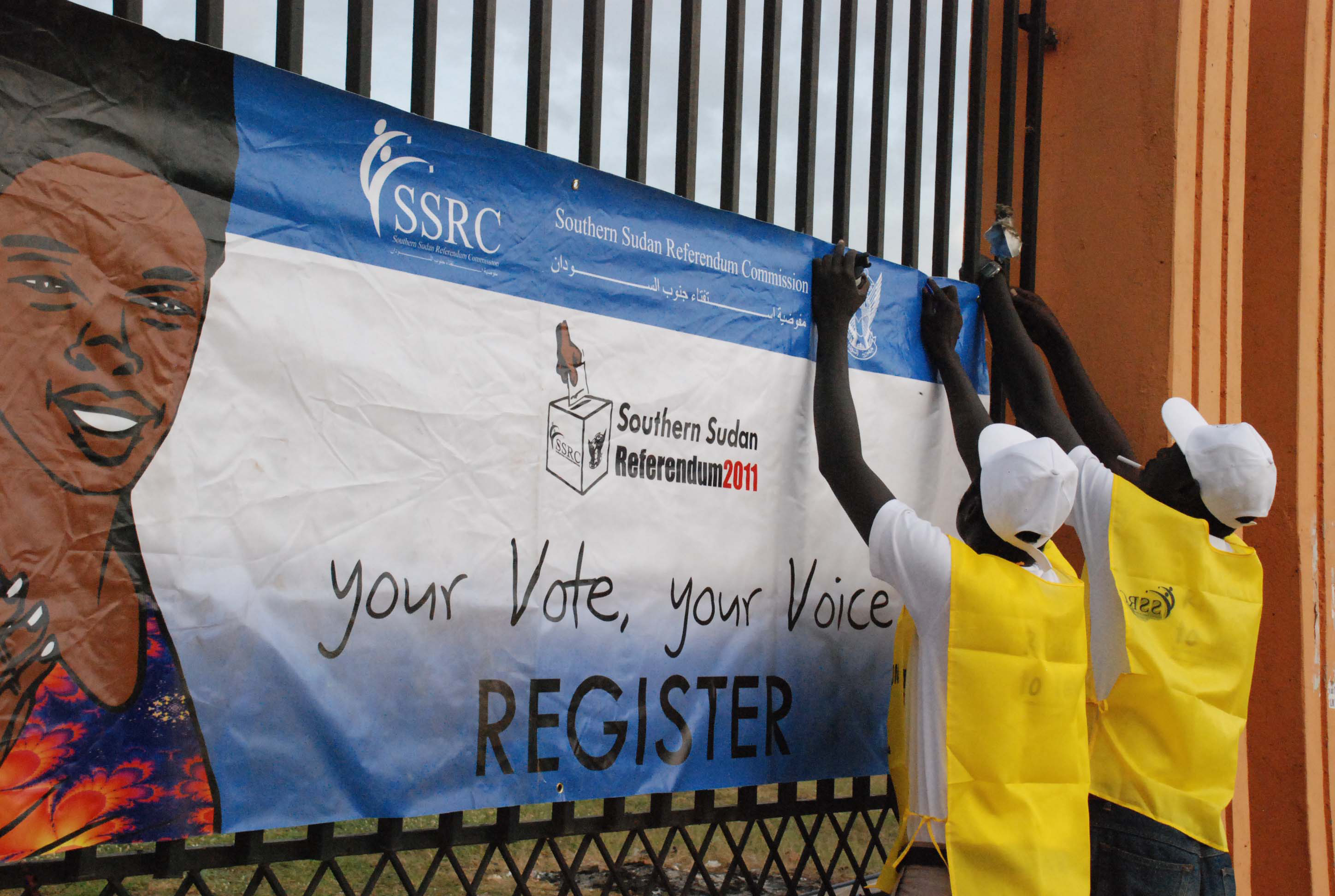The African Union High-Level Implementation Panel (AUHIP) on Sudan, led by former South African President Thabo Mbeki, highlights the question of the north-south border and areas which remain unresolved. A Panel chairperson’s report dated 30 November urges a decision on border demarcation before the Comprehensive Peace Agreement (CPA) expires on 9 July 2011. In the Panel’s opinion, a settlement of the Abyei issue would need to include the implementation of existing agreements and take account of the concept of Abyei as a “bridge” between north and south, as specified in the CPA.
In Bombardments on Sudan’s Disputed Border: Hint of What’s to Come?, the Enough Project blasted the 11 November aerial bombing by the Sudanese Armed Forces of Southern Sudanese army installations in El Ghazal and Darfur states, saying they “conjure up memories of Sudan’s long civil war and underscore the fragility of peace, especially along the country’s contested border”.
A Small Arms Survey’s paper from the Sudan Human Security Baseline Assessment (HSBA), entitled In Need of Review: SPLA Transformation in 2006-10 and Beyond, sees the Sudan People's Liberation Army (SPLA) as striving to transform itself from a guerrilla outfit into a professional army operating under a civilian government. The paper examines the successes and shortcomings of the transformation process, identifies the gaps and on-going challenges.
The International Crisis Group (ICG) report entitled Negotiating Sudan's North-South Future warns that the focus on ensuring that the referendum takes place on 9 January as planned should not be the only one on the international community’s agenda. It points out that the foundation for a constructive relationship between north and south Sudan is yet to be laid, and pursuing agreement on the broader post-referendum period is critical for a peaceful transition and long-term regional stability.
Concerns that a possible division of Sudan may lead to a domino effect on the continent are analyzed in the US Institute of Peace (USIP) report entitled Secession and Precedent in Sudan and Africa. It dismisses most of these concerns as Africa’s borders are largely accepted and most secession movements in the continent are weak and have little international support.
Another USIP study, Why Sudan's Popular Consultation Matters explains the ongoing process whereby the people of the Sudanese states of Southern Kordofan and Blue Nile will assess the success of their 2004 CPA protocol to determine whether it reflects the aspirations of the people or should be renegotiated. The protocol granted a degree of autonomy to the two states on the assumption they would remain part of northern Sudan. The study, by Jason Gluck, addresses issues such as what a popular consultation is, how it is likely to unfold, what the metrics are for measuring success, and what roles the international community might play to show how the process is crucial in transforming Sudanese politics and governance.
cm/oa/cb
This article was produced by IRIN News while it was part of the United Nations Office for the Coordination of Humanitarian Affairs. Please send queries on copyright or liability to the UN. For more information: https://shop.un.org/rights-permissions





